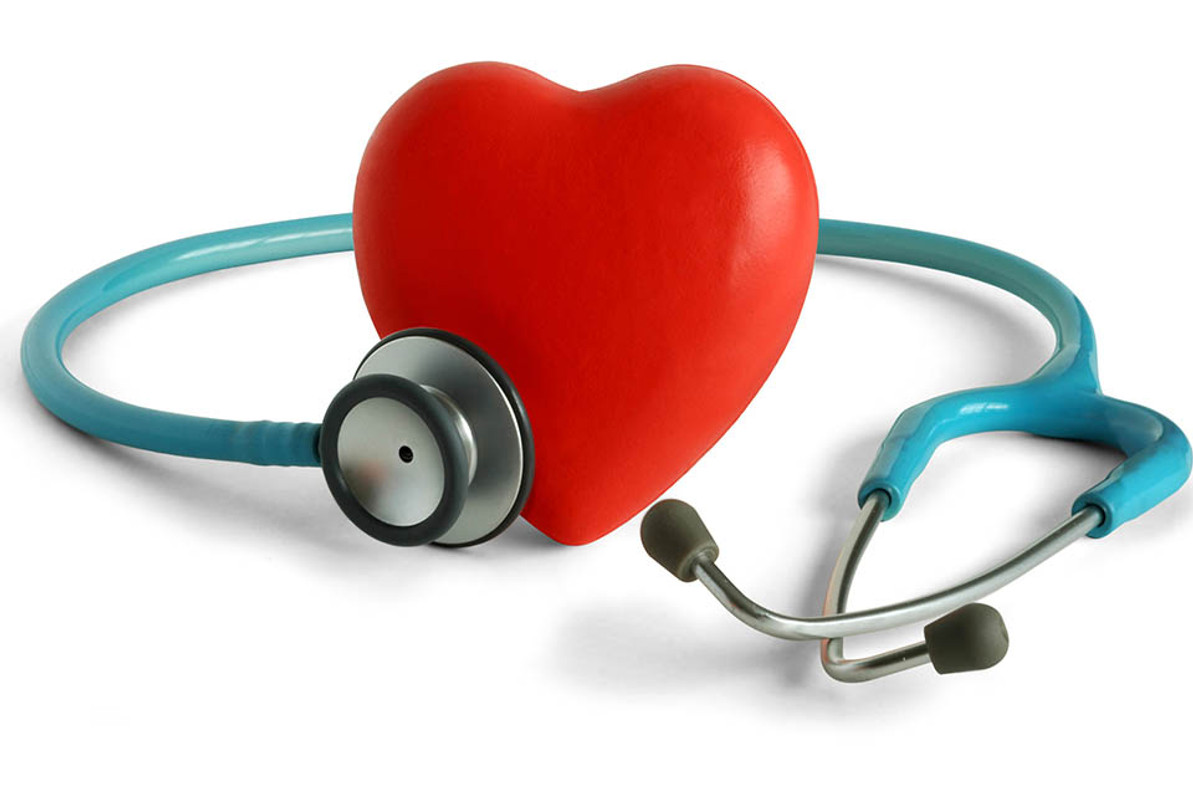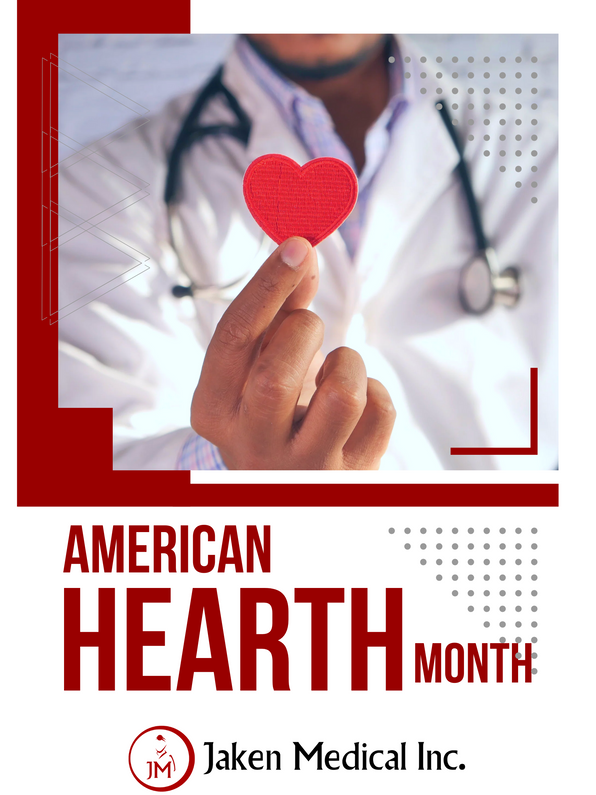A Need for Cardiologists
According to the American Heart Association, cardiovascular disease accounted for approximately 836,546 deaths in the United States in the past year. This means that about 1 of every 3 deaths in the United States is associated with cardiovascular disease. Around 2,300 Americans die of cardiovascular disease daily, with an average of one death every 38 seconds. These numbers are quiet shocking, however it’s even more astounding that cardiovascular disease claim even more lives yearly than any form of cancer and Chronic Lower Respiratory Disease collectively.
There are currently around 92.1 million American adults that are existing with some form of cardiovascular disease or after-effects of stroke. Coronary Heart Disease is the primary cause of death attributable to cardiovascular disease in the United States, shadowed by stroke, heart failure, high blood pressure, disease of the arteries, and other cardiovascular diseases. The fact that there are so many people with unhealthy hearts is extremely alarming.
The mortality rate from cardiovascular disease continues to increase each year, the need for proper and early diagnosis of patients’ risk of cardiovascular weakness is as important as ever before. Most people would agree that combatting cardiovascular disease begins with a person’s lifestyle choices. Exercise and proper diet are factors that are essential to a human being’s overall health, yet our consumeristic society today has led to more obesity and heart disease than ever before.
Before proposing societal changes to fix the complex issues of first-world consumerism, let’s touch base on a more tangible and easily approachable topic: the need for cardiologists. Not only are cardiologists necessary, but it is absolutely pertinent that people are visiting cardiologists regularly in order to gain an upper hand on any weakness in the heart. Yearly or even bi-yearly visits to the cardiology office can help patients gain awareness of any potential hereditary risk of cardiovascular disease. This can hopefully motivate those at risk to gain the motivation to gain back their health before it is too late.
Cardiologists need to properly diagnose their patients in order to gain an early advantage on cardiovascular disease. Electrocardiogram, or ECG/EKG, are tests that measure the electrical activity of the heartbeat. An ECG offers two different forms of information. Firstly, it measures time intervals on the ECG, which helps a doctor determine how long the electrical waves takes to pass through the heart. This reveals if the patients electrical activity is slow, normal, fast, or even irregular. Second, by assessing the amount of electrical activity passing through the heart muscle, a cardiologist might be able to find out if portions of the heart are too big or overworked.
Another important cardiology diagnostic tool is an echocardiogram. An echocardiogram is basically an ultrasound of the heart. This helps detects almost every congenital heart defect or dysfunction of the heart muscle. Sonographers are the specialized technicians who often perform these ultrasound procedures on the heart. Usually taking about 40-60 minutes to perform, these tests can truly help to save a life by gaining early diagnosis of a cardiovascular dysfunction.
There is no doubt that good cardiologists are needed now more than ever. However, it is up the general population to make an effort to track hereditary disease and stay on top of their frequency in visits to the cardiology office. Awareness leads to lifestyle changes, and that is likely the first step in fighting against these disturbing mortality statistics.
Sources:
“Correction to: Heart Disease and Stroke Statistics—2018 Update: A Report From the American Heart Association.” Circulation, vol. 137, no. 12, 2018, doi:10.1161/cir.0000000000000573.
“Common Tests for Congenital Heart Defects.” How Cigarettes Damage Your Body, www.heart.org/en/health-topics/congenital-heart-defects/symptoms--diagnosis-of-congenital-heart defects/common-tests-for-congenital-heart-defects.
Recent Posts
-
A New Look at PAD: September is Peripheral Artery Disease Awareness Month
A New Look at PAD: September is Peripheral Artery Disease Awareness Month It's that time of year aga …Sep 3rd 2025 -
Service & Repair
We offer a wide range of service and repair options: standard on-site repair, depot repair (mail-in) …Mar 3rd 2025 -
Love Your Heart: February is American Heart Month!
February is American Heart Month, a time dedicated to raising awareness about heart health and encou …Feb 18th 2025




